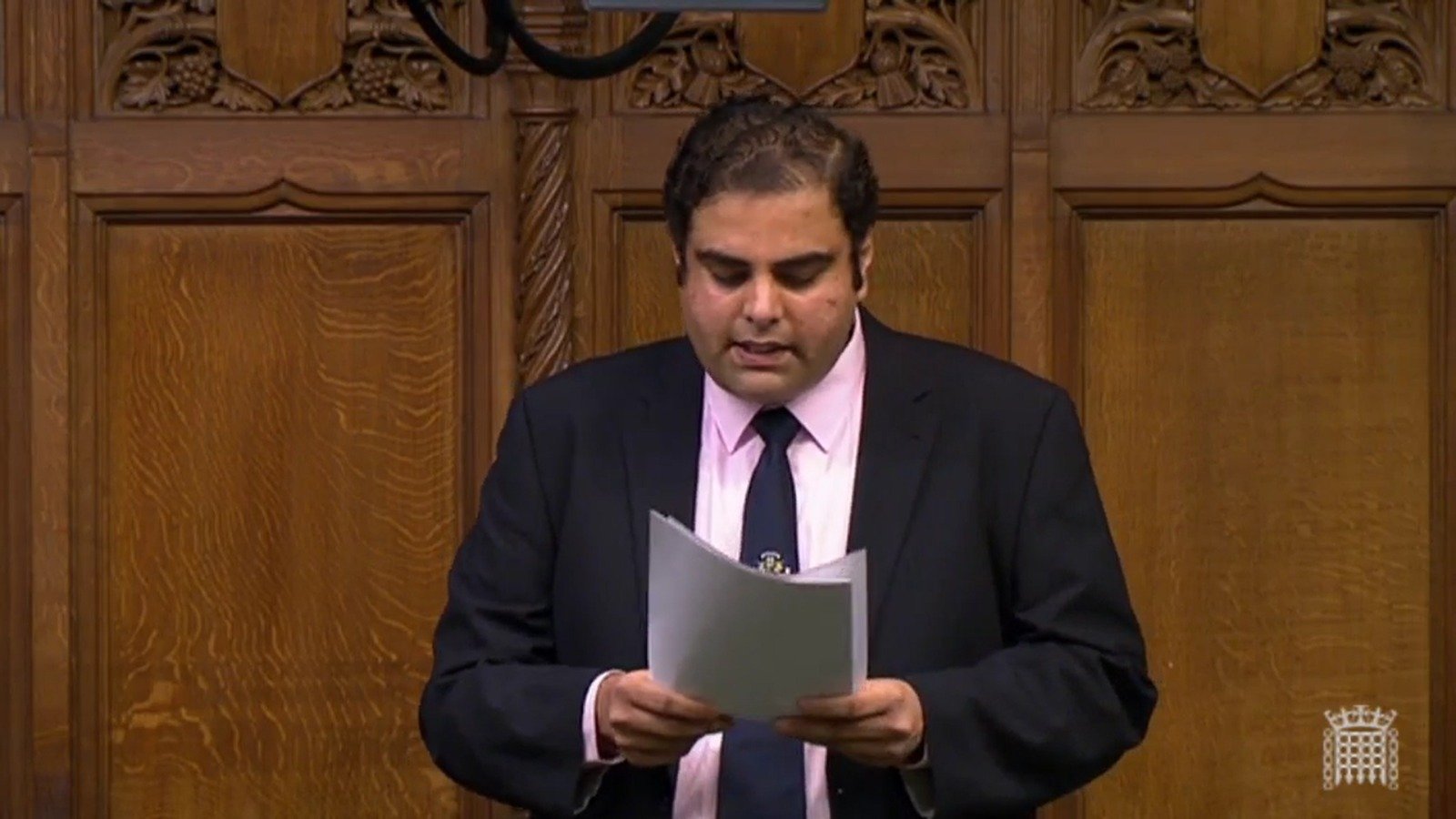World Water Day
Navendu Mishra speaking in last week’s debate on World Water Day in the House of Commons.
Last week I led a parliamentary debate calling on the Government to reverse aid cuts to help ease the burden on those without access to water, while fixing our own privatised water system.
It was my first time leading a Backbench Business Debate in Parliament, and I tabled it to highlight the devastation water shortages have on almost half the world’s population, the growing threat of climate change, and the impact recent UK aid cuts have had on funding.
Previously UK aid was ringfenced at 0.7% of GDP. However, since the Department for International Development (DfID) was merged with the Foreign and Commonwealth Office in 2020, that commitment has fallen to 0.5%, leading to a reduction in funding for clean water programmes, as well as to healthcare facilities in some of the most vulnerable countries, affecting their ability to have access to water, sanitation and hygiene.
I also criticised the impact that the privatisation of water utilities has had in England and Wales since 1989, pointing to rising costs for the consumer, leaky infrastructure and persistent damage to the environment as a result of companies allowing untreated sewage to be pumped into the UK’s rivers.
During the debate, I said:
“It is a disgrace that almost half the world’s population is without access to clean water. This is even more shocking given we are in the midst of a global pandemic where a key factor in halting the spread of Covid is the ability of people to regularly wash their hands. Despite this, figures by WaterAid revealed that some three billion people are unable to wash their hands with soap and water at home, while half of healthcare facilities in low income countries lack basic water services, with 60 per cent having no sanitation services at all.
“This is set to worsen with the climate emergency, with warmer temperatures, rising sea levels, increased floods, droughts and melting ice all affecting the quality and availability of water and sanitation systems. Forecasts show that, by 2040, a quarter of all children worldwide will live in areas with extremely limited water access.”
As a current member of the International Development Committee, I also criticised the Government’s decision to scrap DfID, and said:
“Despite reassurances from the Prime Minister when it was first announced last year that the Foreign and Commonwealth Office and Department for International Development would merge, this Government has since shelved its ring-fenced commitment to spend 0.7% of national income on overseas aid, cutting spending to 0.5% despite a Conservative manifesto commitment to maintain the higher target.
“This cut will undoubtedly have an impact on our ability to help fund programmes that deliver clean water around the world. For example, previously DFID’s support ensured 80 million people gained access to water, sanitation and hygiene over the course of the past decade.
“While at the start of the pandemic, DfID announced a £100 million campaign to support better hygiene practices, including access to water. At the time, the Government stated that the programme would work in 37 countries, and help implement country-specific activities on safe water and sanitation. A separate £20 million of funding was also made available in a humanitarian support package.
“All of this is now under threat.”
In the UK, private water companies have had a big impact on the lives of my Stockport constituents, as well as all those that live in the Greater Manchester region, so I was critical of United Utilities, and said:
“United Utilities was fined £700,000 pounds in 2014 for dumping thousands of tonnes of untreated sewage into the River Medlock in Greater Manchester, £300,000 pounds in 2017 for allowing drinking supplies to be contaminated with a parasite after animal waste seeped into an underground tank, and a further £200,000 in 2018 for supplying ‘inadequately disinfected water’ that was not suitable to drink to thousands of households.
“That is why there is overwhelming support in this country to bring water companies back into public hands, with 63% in favour, while Scotland’s publicly-owned Scottish Water is the most trusted utility company in Britain.”

